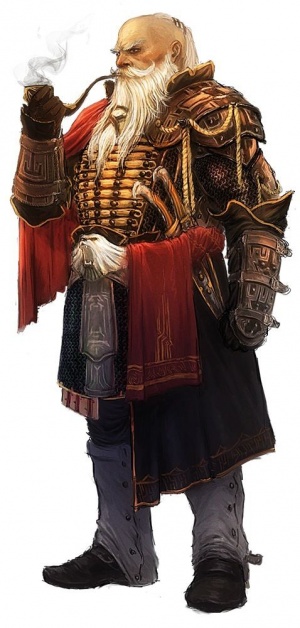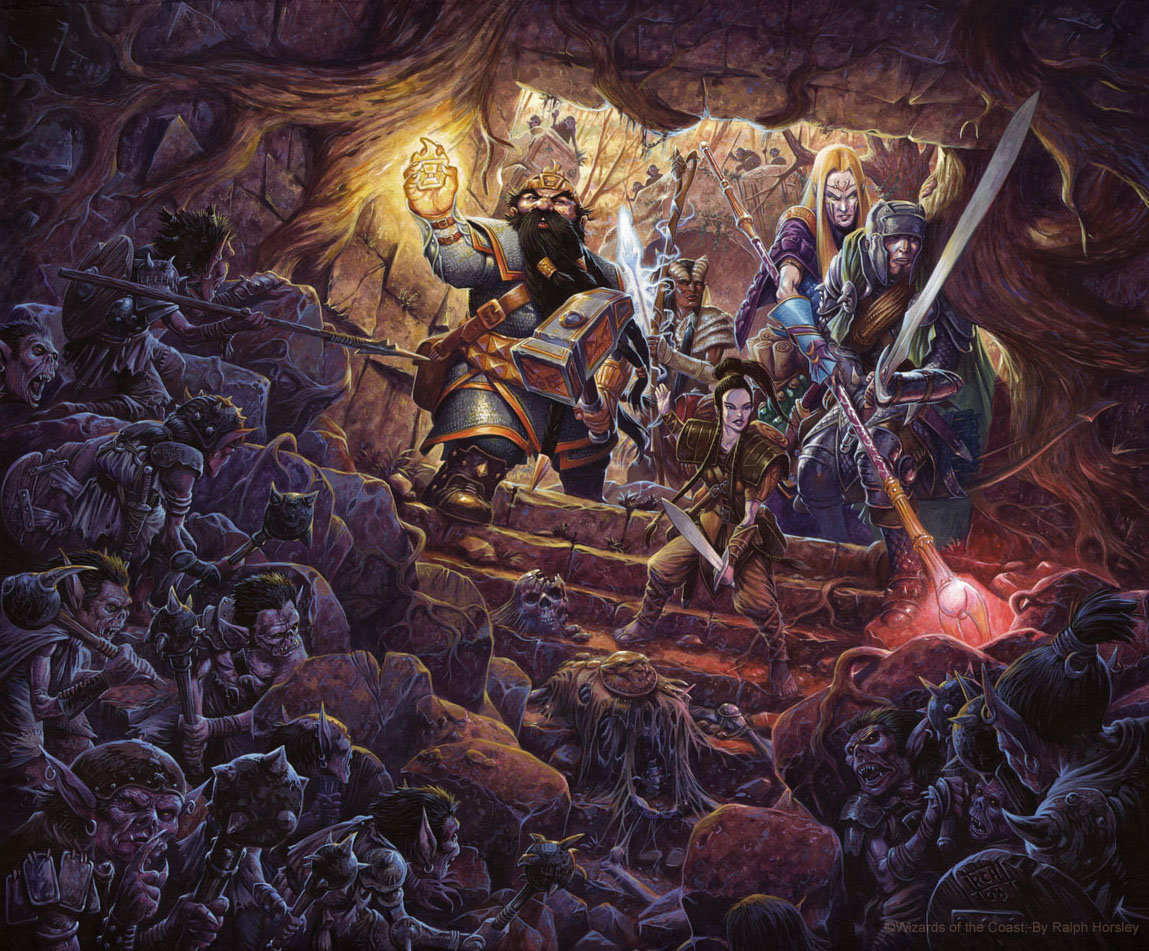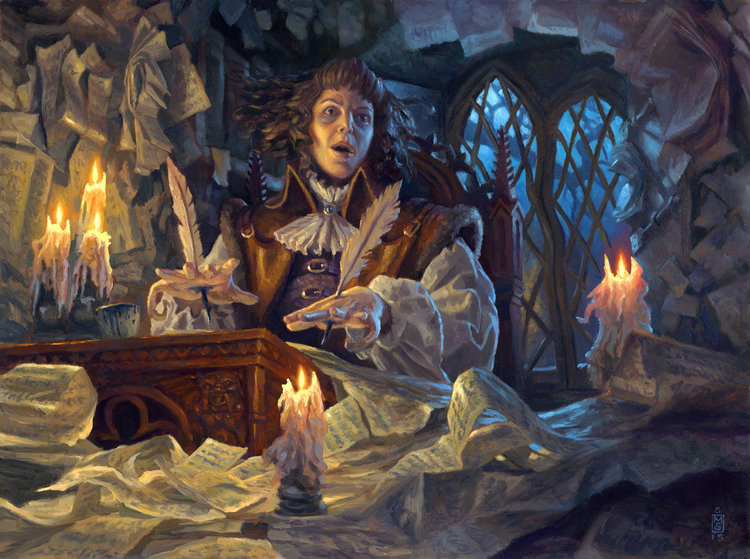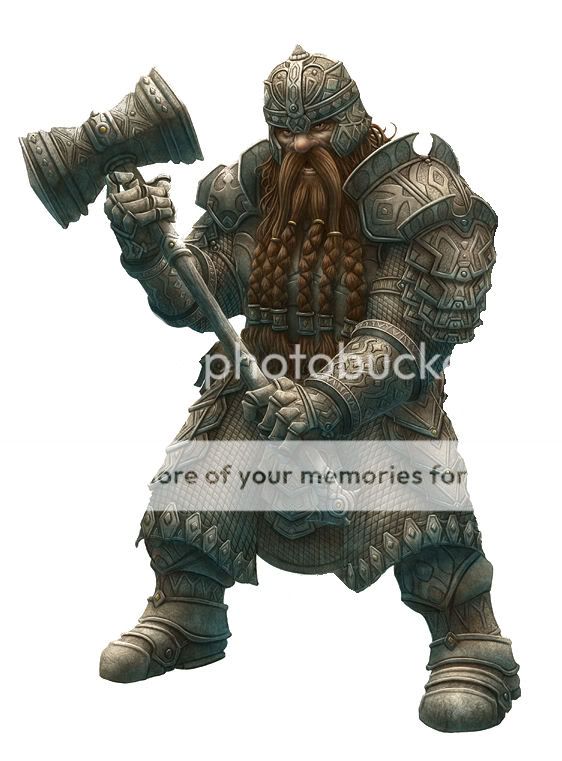Note: with Google Plus notifications going away tomorrow, I highly recommend you subscribe with the widget on the right to get email notifications
Higher education in the Principality of Makara revolves around the Makaran Academy. A famous institution which specializes in the study of things relating to money and law. Some of the world's great scholars of the last few generations have been educated here. But that does not mean it is the only school in Makara.
Public Institutions
There are not many locations offering free education to the citizens of Makara. In fact, there are only two, and they are both in the City itself.
The first such institution we will discuss here shall the "
Makaran Grammar School for the innocent youth of the City" more commonly known as the Grammar School. This location offers free education to all Makaran children between the ages of 6 and 12, after that, children often assist their parents working and can no longer attend the school. It does not teach the children many subjects, but any education, no matter how rudimentary, has value in this world. The list of subjects taught includes literacy, basic mathematics, and even some history.
The next, and final, location of public education in Makara is the "
Grand Museum and Library of the Prince of Makara" also known as the Library. This dual-purpose structure houses thousands of books which have been collected by the Royal Family over the decades of their power. The Museum wing also contains many of the treasures which the city-state has acquired over the years. It is quite a source of pride for Makara, and many diplomatic interactions take place in the Museum simply to show the power and wealth which the nation possesses.
 |
| Wikimedia Commons |
Private Colleges
There are a further three Private institutions of higher learning. These locales are operated by the wealthy and for the wealthy. The poor average Makaran is not welcome within the walls of these selective institutions. Both Chartered Makaran cities have a college, the third college is in a more unique settlement.
Chaeport - Bards' College
Chaeport, the coastal city which borders the Wood Elven lands and handles most all trade from them, is home to the Bards' College
the only institution for hundreds of miles offering a robust education in all things Bard. Any instrument known to the world can be learned here, the library has a vast collection of Epic Poetry and Wood Elf Sagas, classes in seduction and charm are often packed to the fullest, and very desirable by all the wealthy young nobles and merchants' children.
Very rarely, the College can convince a Wood Elf, masters in charm, to teach a course or two for an exorbitant fee. Despite this, it's not hard to find a Wood Elven Advisor to the Faculty.
Oakmont - College of Agriculture and Engineering
The College in Oakmont offers full courses in the study of Agriculture, as it pertains to managing vast farms, and in Engineering, as it pertains to both Civil and Military pursuits. The price of attendance at Oakmont is very high, so much so that many wealthy patrons of the school instead offer up their land or privileges in exchange for the honor of their child attending.
Graduates from Oakmont tend to find themselves working outside of Oakmont or even beyond the borders of Makara itself, as they are well sought after by other nations the world over for their talent in both raising crop yields and thus staving off famine and in improving the defenses of great fortifications. Whatever work an alumnus finds for themselves, it tends to mean large amounts of wealth flowing back into Makaran banks, as they are so well trusted that you can likely find a branch of a Makaran bank in every notable capital city in the Settled Lands.
Brennaburg - College of Military Theory and Strategy
Brennaburg's College is a much different beast than the others discussed on this list. After the Noble citizens of Oakmont began demanding more and more privileges than were granted to any other resident of the City and were refused, things almost turned to bloodshed and violence. Things were on the verge of chaos before a wealthy merchant offered to help the Nobles found their own city on the caravan routes between the Settled Lands and Makara, where Oakmont also lies.
 |
| Art by Windfall Designs |
This solution was not beloved by many, but it brought peace to a dangerous situation, and that is all that was required at the time. Since then, Brennaburg has grown up in the shadow of Oakmont. The merchant who helped found the city was granted a Noble Title himself and now rules a small fief close to the city walls. Brennabrug is still overshadowed by the wealth and influence of Oakmont, but still, as Nobles do, the city aspires to greatness. It is attempting to gain a City Charter from the Prince himself, but that is a complicated situation to be discussed another time.
In the aftermath of unrest in Oakmont and the founding of Brennaburg, all Noble students were banned from attendance at the College of Agriculture and Engineering. As a result, Brennaburg founded its own college. Being a Noble institution, it was quickly influenced by the often violent and militaristic nature that Noble society is well known for. The school now educates the world's best Tacticians and Strategists, sought after as advisors and leaders of Mercenary orders across the Settled Lands. Although, there is quite enough to keep them busy here, with the Hobgoblin Empire of Ukredia right across the border, often sending probing parties of raiders into Makaran lands...
The Makaran Academy
Too much to be discussed here in this small article, the Makaran Academy is deserving of it's own article and will, eventually, receive one.




















